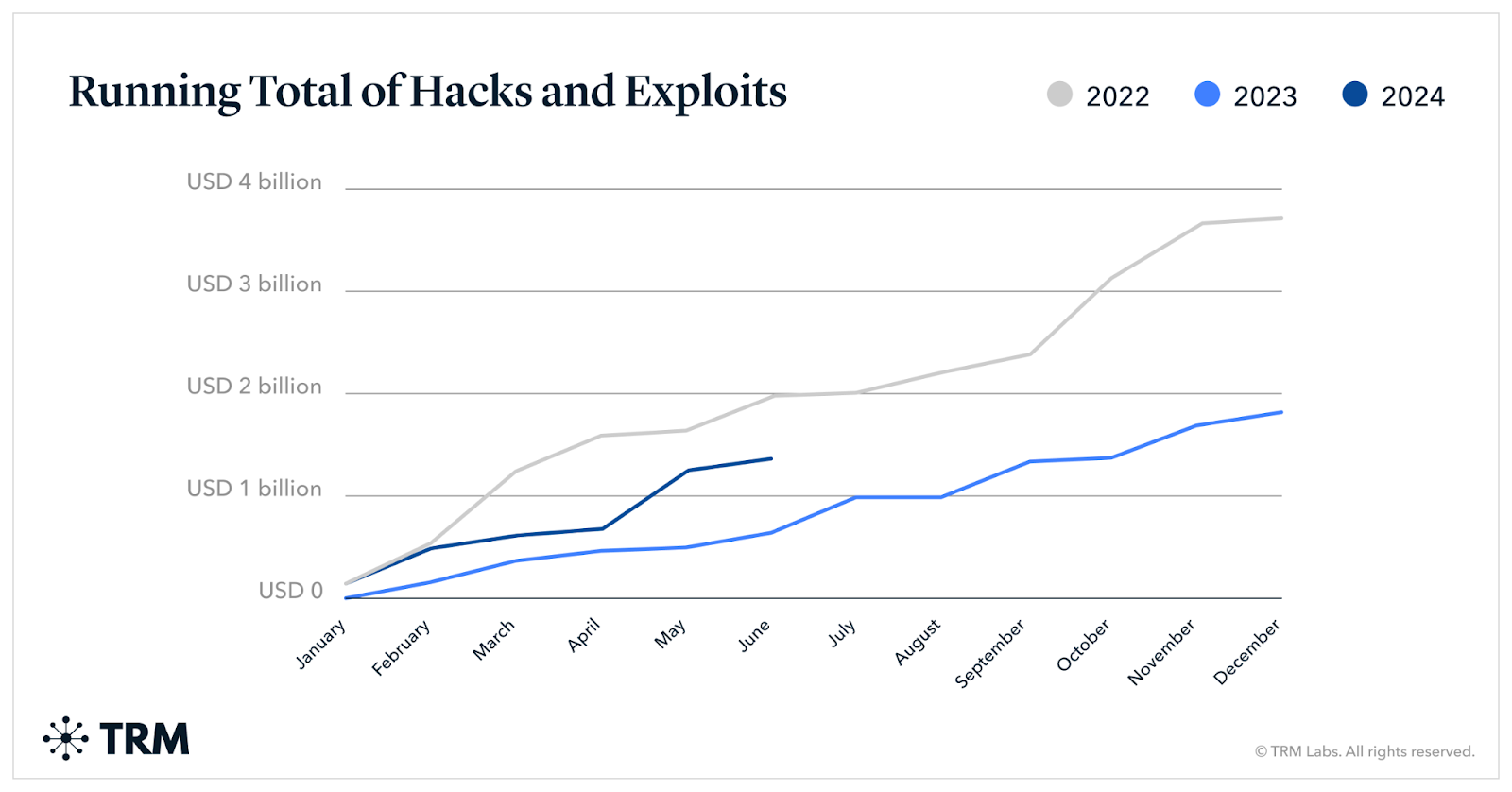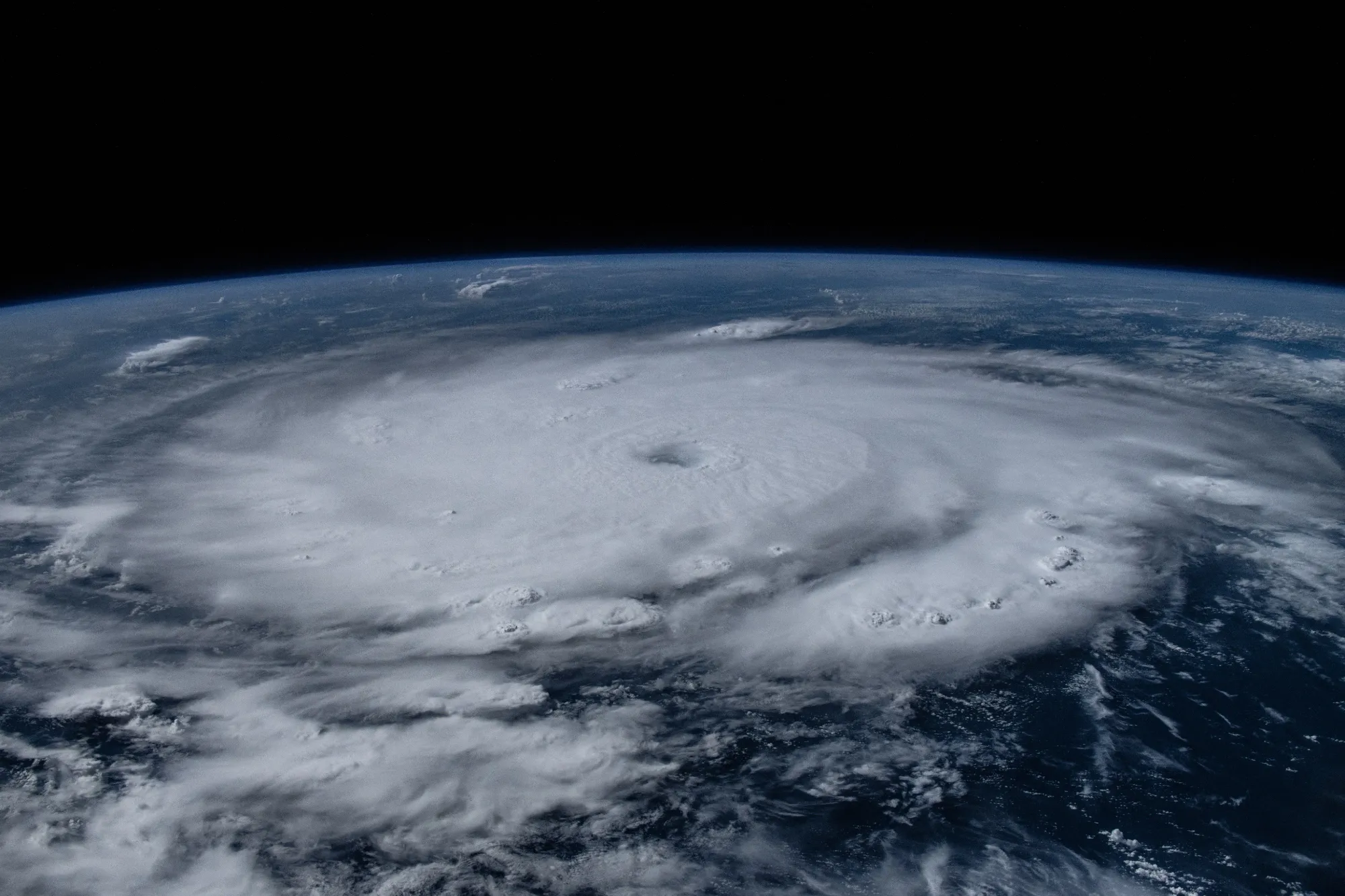Crypto Hacks Double in First Half of the Year to Over $1,380,000,000, According to Blockchain Intelligence Firm
by Rhodilee Jean Dolor | The Daily Hodl

Hackers stole more than twice the amount of crypto assets in the first half of 2024 compared to the same period last year, according to blockchain intelligence firm TRM.
In a new report, TRM says that from January to June 24th of this year, cybercriminals siphoned $1.38 billion worth of crypto assets through hacks and network exploits.
In comparison, bad actors stole $657 million worth of crypto over the same time frame last year.
Walmart shows off its progress with augmented reality showrooms
by Dean Takahashi | Venturebeat
Walmart showed off its use of augmented reality and artificial intelligence in its retail operations. It turns out that AR is leading to better digital sales and cool new applications that haven’t been done before.
The techniques include virtual try-on of outfits, virtual showroom experiences and digital twins, said Desirée Gosby, vice president of emerging technology at Walmart Global Tech, in an interview with VentureBeat.
She emphasized the importance of AR and related technologies for enhancing customer experiences and improve productivity.
Judge dismisses coders’ DMCA claims against Microsoft, OpenAI and GitHub
by TRISTAN GREENE | Cointelegraph

The judge overseeing a billion-dollar class action lawsuit against GitHub, OpenAI, and Microsoft over the alleged unauthorized use of intellectual property (IP) to train the “GitHub Copilot” artificial intelligence (AI) coding software has partially dismissed the claims against the defendants.
This marks a win for big tech and the generative AI industry, which currently faces a number of related lawsuits.
🌙 NASA - Best Photo from Last Week
Studying Hurricane Beryl from Space

NASA astronaut Matthew Dominick captured this image of Hurricane Beryl in the Caribbean on July 1, 2024, while aboard the International Space Station, and posted it to X. The Category 4 hurricane had winds of about 130 mph (215 kph).
Hurricanes – tropical cyclones that form over the Atlantic Ocean or the eastern Pacific Ocean – use warm, moist air as fuel. The warm, moist air over the ocean rises upward from near the surface, causing an area of lower air pressure below. Air from surrounding areas with higher air pressure pushes into the low pressure area. Then that “new” air becomes warm and moist and rises, too. As the warm air continues to rise, the surrounding air swirls in to take its place. As the warmed, moist air rises and cools off, the water in the air forms clouds. The whole system of clouds and wind spins and grows, fed by the ocean’s heat and water evaporating from the surface.
NASA studies hurricanes from space through photos like this one, as well as observations from satellites. This vantage point helps scientists understand how climate change impacts hurricanes and learn how communities can better prepare for tropical cyclones in a warmer world. Learn more about how hurricane first responders use NASA resources and data.
Image Credit: NASA/Matthew Dominick


Disclaimer: None of the content in this newsletter is meant to be financial advice. Please do your own due diligence before taking any action related to content within this article.
Disclaimer: Unbound is reader-supported. When you buy through links on our site, we may earn an affiliate commission.






